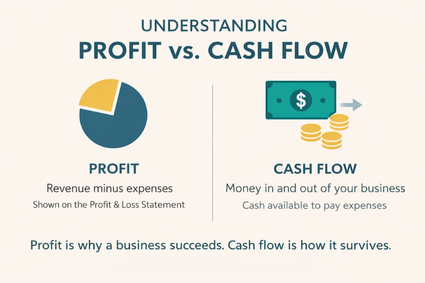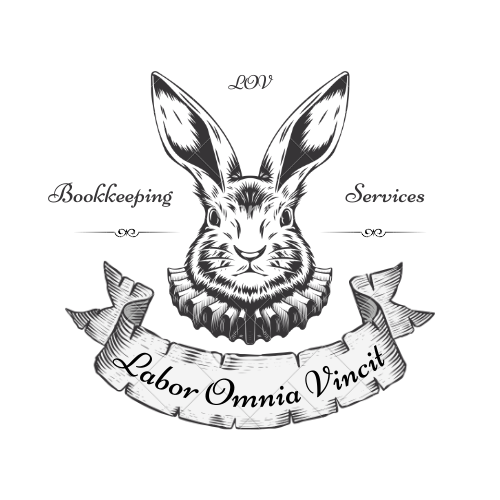Year End Part Two: Personal Transactions

When it comes to managing personal and business expenses, proper bookkeeping is essential. It allows you to maintain a clear distinction between the two and ensures accurate financial records.
The best practice is to set up separate bank accounts for your personal and business finances. This will help you keep track of transactions more effectively. Additionally, you should be using separate credit cards and lines of credit if possible.
When recording personal transactions in your bookkeeping system, categorize them separately from your business expenses. I typically will categorize any personal transactions made from the business accounts as “Owners Draw” or “Shareholder Distribution”. This will make it easier to identify which expenses are eligible for tax deductions or reimbursements.
Additionally, make sure to keep detailed records of all personal expenditures that may be related to your business. If you are using personal funds to make purchases for the business, it’s important to keep those records and to get these entered into the business books. These could include home office supplies or utilities used for both personal and business purposes. By documenting these expenses, you can potentially claim deductions when filing taxes.
Remember, maintaining a clear distinction between personal and business finances is crucial for accurate financial reporting and ensuring compliance with tax regulations. If you would like help navigating this issue and others like it, reach out or book a meeting today!



